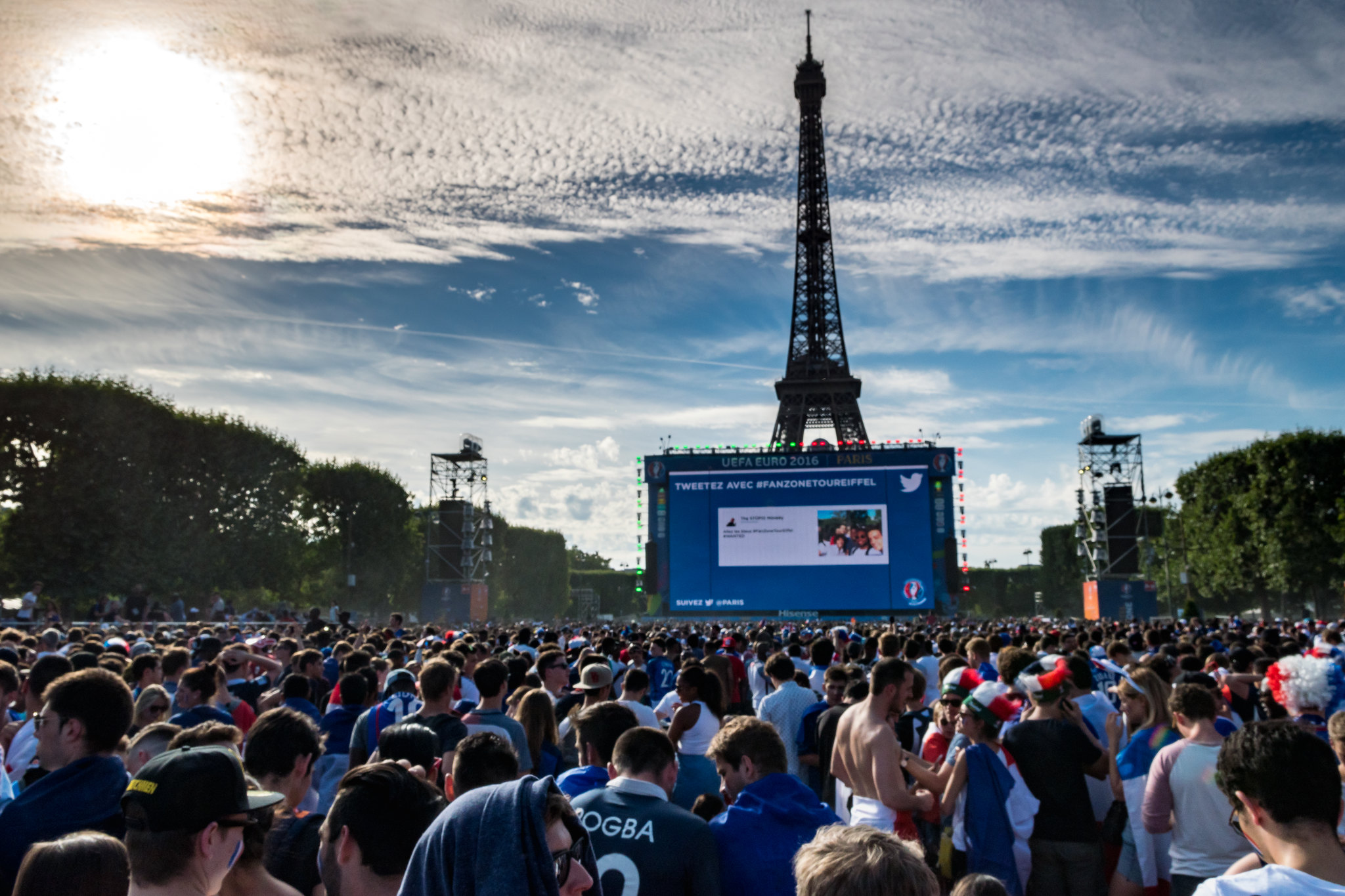Numerous french cities have announced that they will be boycotting the Qatar 2022 World Cup and not hosting fan-zones as they often do.
Some 60% of French citizens, both football supporters and non-supporters, plan to watch the World Cup, as shown by a survey conducted exclusively for RMC by Harris Interactive.
Globally, a total of 93% of football fans intend to follow the tournament, RMC said.
However, while French fans will watch their nation’s team compete to retain its World Cup title in Qatar, they won’t be doing so in public areas of some of France’s major cities.
Last month, Paris joined other French cities in stating they will not hold “fan zones” or show World Cup games in public spaces in protest of environmental and human rights abuses in Qatar, the host country.
The local governments of Marseille, Lille, Bordeaux, Reims, Nancy, Rodez, and the national capital have declared they will not erect massive television screens to broadcast games as in the past.
The installation of fan zones was “no question,” according to Pierre Rabadan, a former French rugby international and the deputy in charge of sport at city hall in Paris. This is despite Qatar owning the city’s football team, Paris Saint-Germain.
Speaking to Doha News, Professor of Sport and Geopolitical Economy at SKEMA Business School Simon Chadwick said France’s move comes as a surprise.
“Developments in France have been much more surprising. The country enjoys close political, economic, and diplomatic relations with Qatar indeed it is one of the largest beneficiaries of inward Qatari investment in the world. Ownership of Paris Saint Germain is an illustration of this,” Chadwick said.
“Given the MENA diasporas one finds in France, many of which are supportive of Qatar and the Gulf region, it is perplexing why French cities are denying people the opportunity to watch games in fan zones,” Chadwick added News, suggesting that there exists other, bigger “motives” underpinning these decisions.
Chadwick went on to speculate that those reasons behind the move may be guided by socio-political motives. “Whatever the reasons, there are inconsistencies and contradictions in the French position on Qatar that one doesn’t observe in Denmark.”
Since winning the bid to host the World Cup back in 2010, Qatar has found itself under the international spotlight, with waves of incessant scrutiny, particularly from the west, over the conditions of migrant workers, prompting many to say that the criticism is unlike other sporting events in modern history.
In May, Qatar’s Amir Sheikh Tamim bin Hamad Al Thani took aim at the unfair criticism of the Gulf state by the west over its hosting of the 2022 World Cup.
This came during his speech at the World Economic Forum (WEF) in Davos, in which the amir tapped into attacks launched against the Gulf state for being the first in the Middle East to host the major sporting event.
“For decades now, the Middle East has suffered, from discrimination. And I have found that such discrimination is largely based on people not knowing us, and in some cases, refusing to get to know us,” said Sheikh Tamim.
Qatar, however, has since introduced historic reforms over the past years in an effort to ensure the rights of workers are respected and upheld.
Some of the reforms included the dismantling of the controversial Kafala system that stopped workers from freely changing jobs. Another is the region’s first ever non-discriminatory minimum wage law, introduced last year.
Perceptions of the French team
The survey also showed that 66% of French citizens have a favourable opinion of the France team. an overall improvement over the World Cup held in Russia in 2018 (57%).
The fact that the Blues are currently world champions and the presence of certain French-favorite players, such as Kylian Mbappé or Antoine Griezmann, are likely related to this change in public perception of the team.
Despite recent FFF turmoil, Mbappé’s struggles at PSG, or the Pogba scandal, the overall reputation of the France squad is unharmed.
Among the 66% of French people who have positive impressions of the Blues, 13% go even farther and say they have “a very good opinion” of them.







